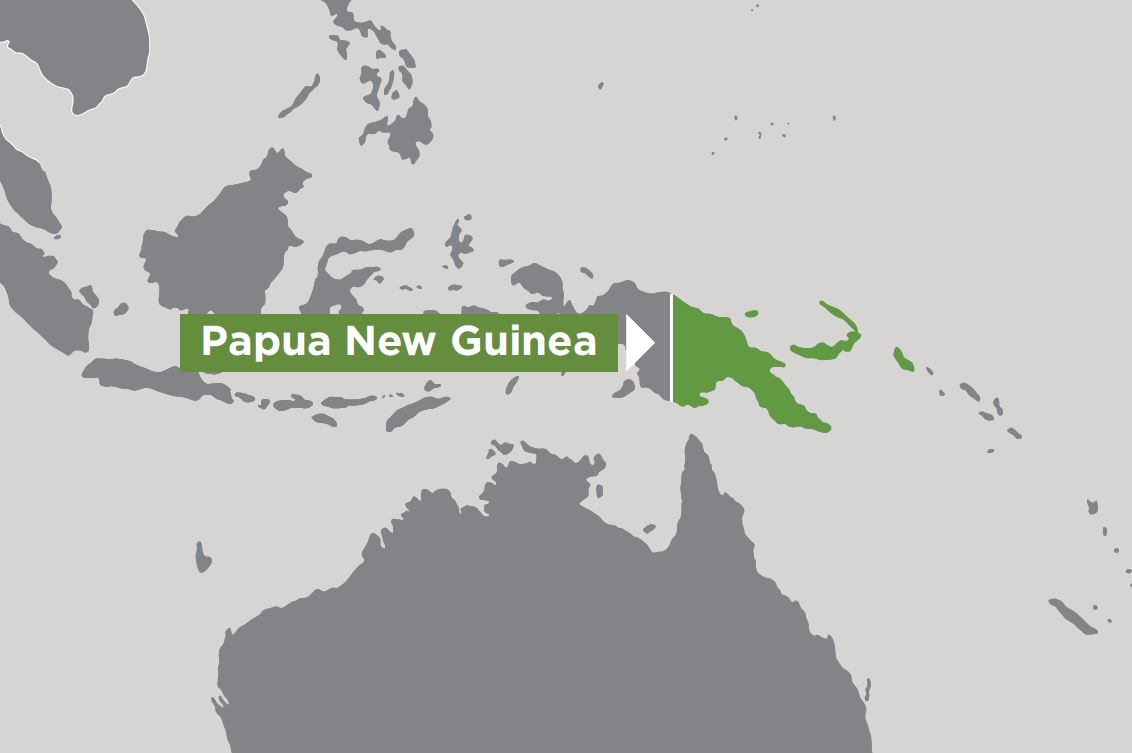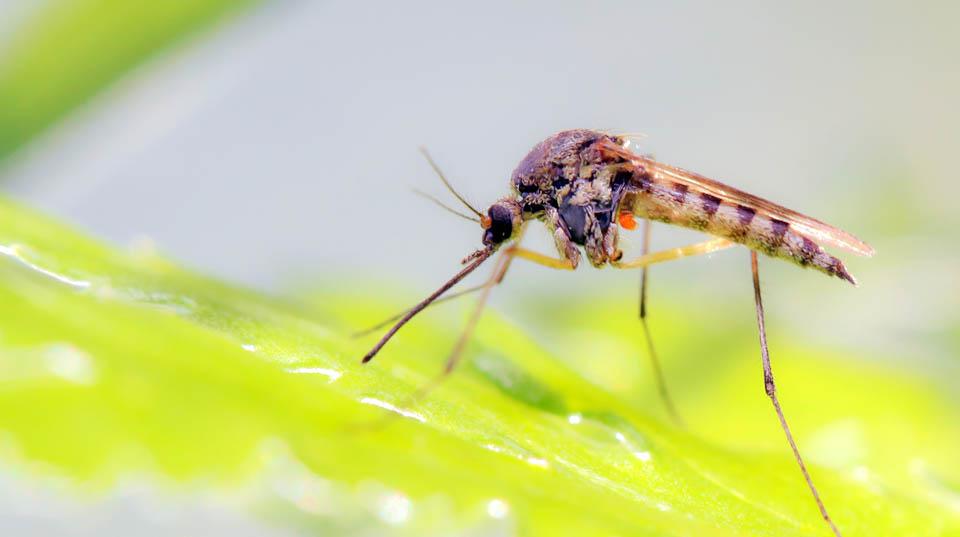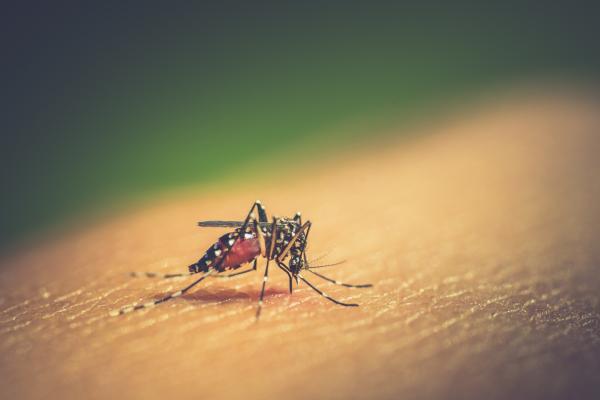Overview
This project aims to consolidate and build on the previous research activity LS/2018/213, and to continue and expand a one health surveillance approach for Japanese encephalitis and zoonotic arboviruses in Papua New Guinea. The project brings together partners with a strong track record in human, animal and vector surveillance in PNG.
The Japanese encephalitis (JE) virus is one of the most important causes of human viral encephalitis in Southeast Asia. JE disease primarily affects rural communities, with highest rates of disease in children. An effective vaccine is available to prevent JE but over 100,000 cases occur annually.
Evidence of JE virus infection was found in sentinel pigs in National Capital District (NCD), Central and Morobe provinces in 2019-2020, as well as in pig samples collected between 2016-2020. JE remains a potentially important zoonotic risk for the PNG population.
Human clinical surveillance is recommended as part of a holistic approach to JE surveillance. Other arthropod-borne (arbo)viruses of medical importance are also thought to be endemic to PNG. These include Murray Valley encephalitis (MVE) and West Nile-Kunjin (KUN). Major gaps in knowledge remain about epidemiology of MVE and KUN viruses for humans and livestock. We will continue to work with our established partners at PNG Institute for Medical Research (IMR) and the PNG National Animal Health & Quarantine Authority (NAQIA). NAQIA's JE project aims to improve our understanding of the prevalence, distribution, seasonality and disease burden of JE and other arboviral zoonoses. The project will also explore the application of xenosurveillance for targeted and unbiased disease surveillance of animals and humans.
Project outcomes
Expected outcomes are:
- Building capacity for expanded mosquito surveillance to allow direct detection of target viruses in PNG.
- Continuing animal serological surveillance activities implemented in LS/2018/213 and associated DFAT investments to support the above objective.
- Undertaking pilot human surveillance activities for Japanese encephalitis and mosquito-borne viral zoonoses.
- Exploring the practical application of xenosurveillance for human and animal disease surveillance in PNG.






